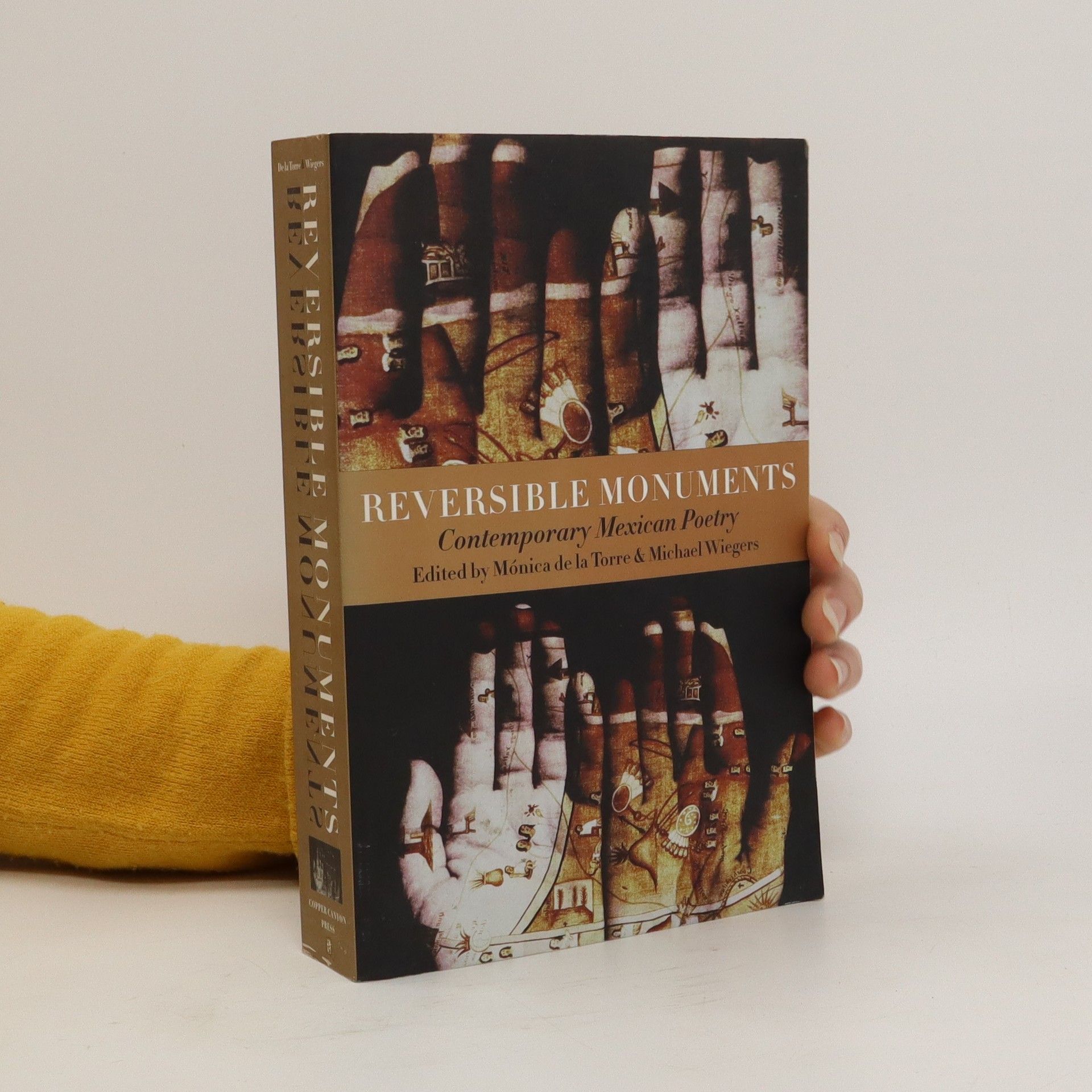Reversible monuments : contemporary Mexican poetry
- 520 stránok
- 19 hodin čítania
Mónica de la Torre je autorkou prvej knihy pôvodnej poézie v angličtine „Talk Shows“. Jej práca sa často zaoberá spojením umenia a literatúry, čo dokladá jej edičná práca na zbierke „Reversible Monuments: Contemporary Mexican Poetry“ a jej vlastná kniha „Appendices, Illustrations & Notes“. De la Torre je tiež uznávanou prekladateľkou španielsky píšucich básnikov, čím obohacuje literárny dialóg medzi jazykmi. Jej edičný post v časopise The Brooklyn Rail a akademická práca na Kolumbijskej univerzite ďalej zdôrazňujú jej hlboký záujem o súčasnú poéziu a literárnu kritiku.


Beginning in the 1970s, Chicana and Chicano organizers utilized community radio to educate and uplift Mexican American listeners across the U.S. In rural areas, radio became the most effective medium for reaching isolated communities, such as migrant farmworkers. In Washington’s Yakima Valley, where media often favored agribusiness, community radio for farmworkers emerged as a vital resource. This work uncovers the remarkable history of one of the first full-time Spanish-language community radio stations, Radio KDNA, which began broadcasting in 1979. Through extensive interviews, the contributions of Chicana and Chicano producers, announcers, managers, technical directors, and listeners are highlighted, showcasing the station's success. Monica De La Torre intertwines these oral histories with various visual and audio artifacts, including radio programs and photographs, situating KDNA within the broader context of Chicano community broadcasting and social activism. The narrative emphasizes the development of a public broadcasting model centered on Chicana radio producers and documents the crucial role women played in establishing this infrastructure in the Yakima Valley. De La Torre illustrates how KDNA transformed community radio programming, enriching the history of the Chicano movement, women’s activism, and media histories.